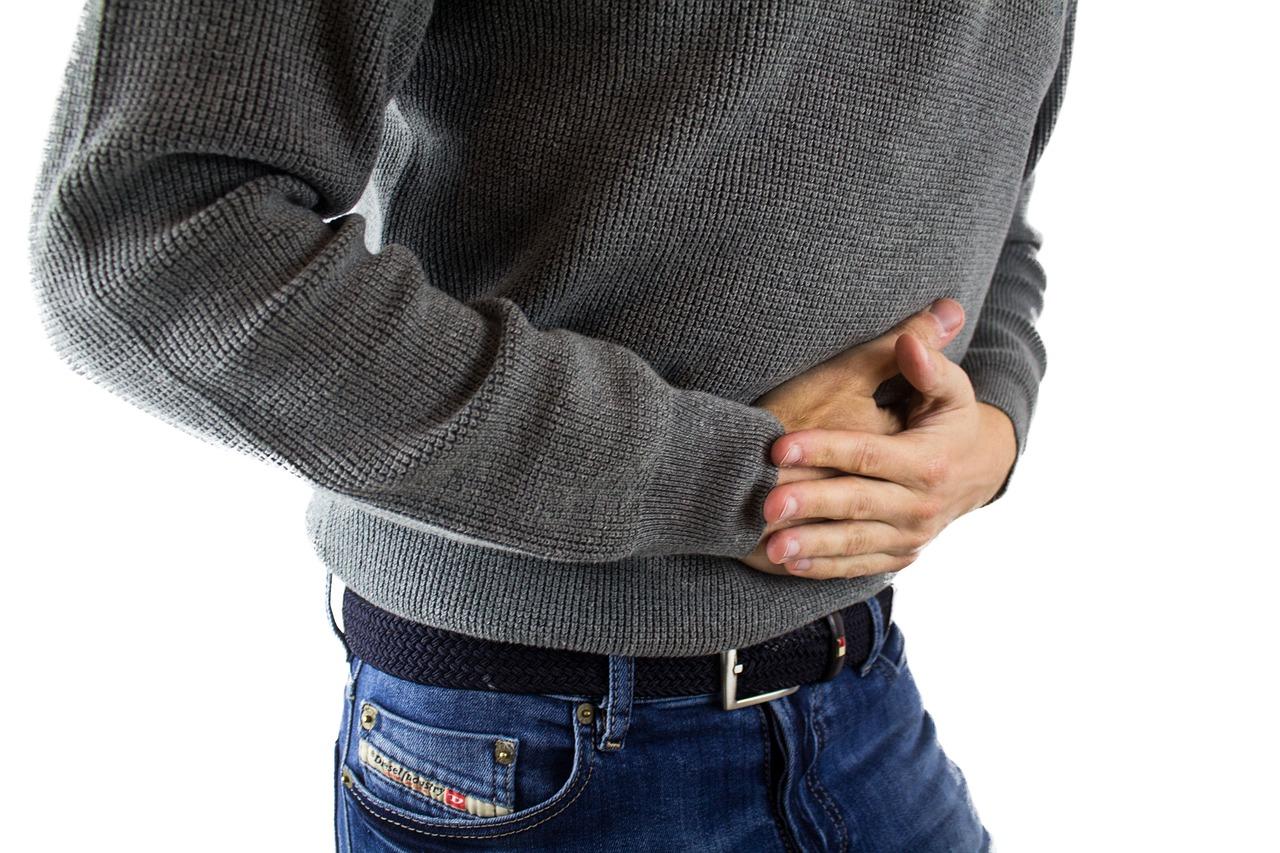
We all know it’s difficult enough to run a business – especially if it’s a startup like yours! It takes up a lot of time and energy (not to mention money), and you need to be in tip-top shape. But what do you do if you are experiencing pain every time you cough? It’s not something you should take lightly, as pain while coughing can be a distressing symptom that might indicate an underlying health issue. One possible cause of such pain is an inguinal hernia, where tissues or organs protrude through a weak spot in the abdominal wall. But what exactly is the relationship between coughing and inguinal hernias, and what are the signs and symptoms that can help you determine if you have one? Understanding these signs can aid in seeking timely medical intervention, so here’s how to know if you have an inguinal hernia.
Understanding inguinal hernias: what are they?
First, it pays to understand inguinal hernias and why they occur. An inguinal hernia occurs when a portion of the intestines (or other abdominal tissues) pushes through a weakened area in the lower abdominal wall. It commonly happens in the inguinal canal, a passageway located in the groin region, and it is more common in men than women. In addition, it can be caused by factors such as aging, obesity, heavy lifting, pregnancy, heavy lifting, or chronic coughing.
As confirmed by a leading groin hernia surgeon in London, one of the key signs of an inguinal hernia is experiencing pain when you cough, sneeze, or engage in activities that increase intra-abdominal pressure. That’s because coughing causes a sudden increase in pressure within the abdominal cavity, which can lead to the protruding organs or tissues pressing against the weakened spot and causing discomfort or pain. And the same anti reflux surgery in London experts agree that if you consistently experience pain while coughing, you must consult a healthcare professional for a proper diagnosis.
Understanding the other symptoms of inguinal hernias
Aside from pain during coughing, other symptoms may indicate their presence. These include a noticeable bulge or lump in the groin area, which might become more prominent when standing, coughing, or straining. You may also experience discomfort that worsens with activity or prolonged periods of standing. Some individuals report feeling pressure or weakness in the groin area, especially after physical exertion. Activities such as bending, lifting, or straining can exacerbate the symptoms, and lastly, in some cases of male patients, an inguinal hernia can extend into the scrotum, causing noticeable swelling or enlargement.
Seeking medical evaluation
If you are experiencing pain while coughing or any of the symptoms mentioned above, it is crucial to consult a healthcare professional for an accurate diagnosis. During the evaluation, the physician will conduct a physical examination and may order additional tests (such as an ultrasound or MRI) to confirm the presence of an inguinal hernia. Early diagnosis can help prevent complications and guide appropriate treatment options.
Treatment options
The treatment for an inguinal hernia depends on various factors, including the hernia’s size, the severity of symptoms, and your overall health. Watchful waiting may sometimes be recommended if the hernia is small and asymptomatic. However, surgical intervention is often necessary to repair the hernia and prevent potential complications, such as bowel obstruction or strangulation.